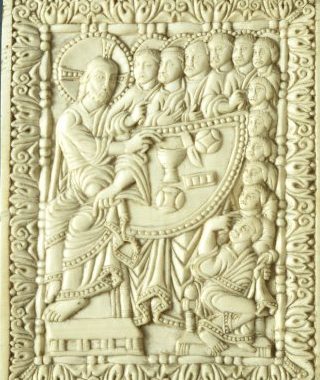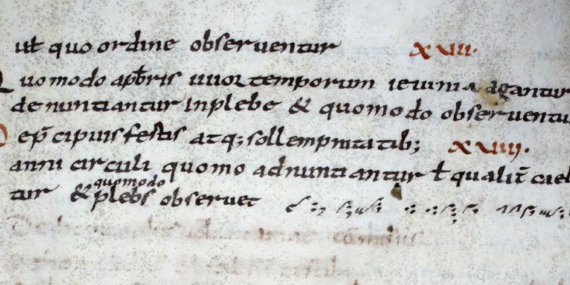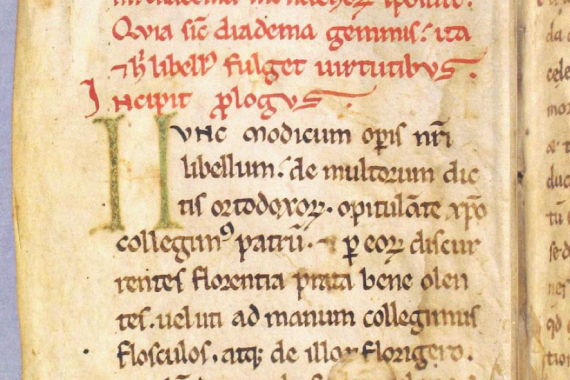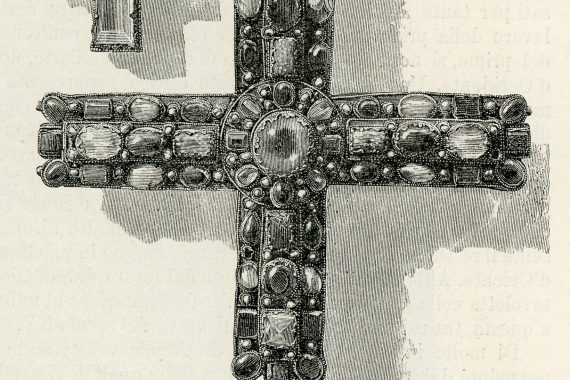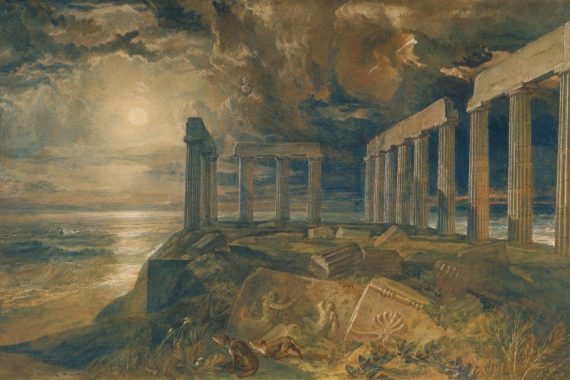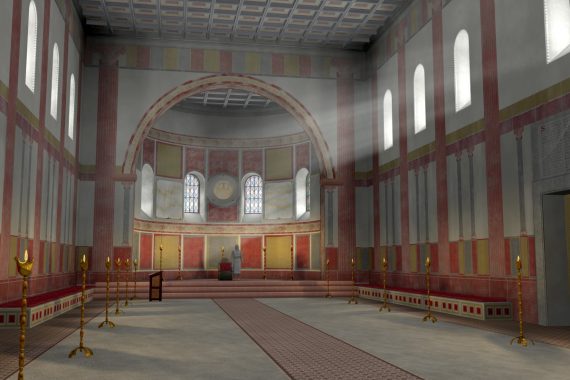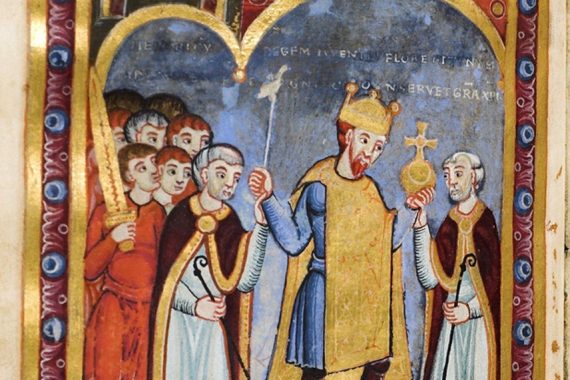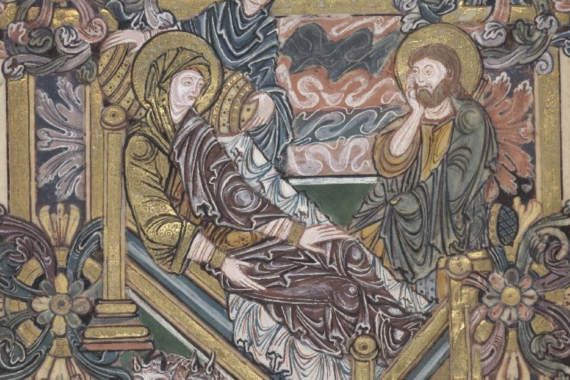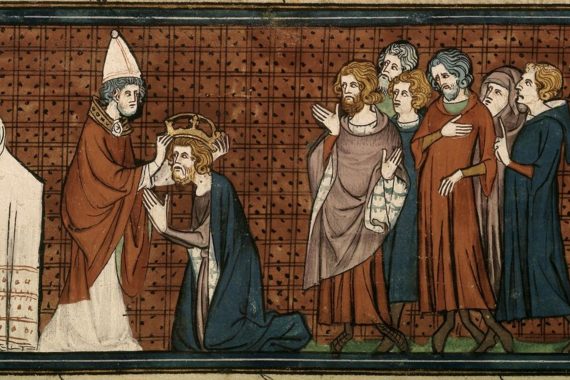Two scenes from Christ’s Life
Date: Mid-10th Century Place of Production: Lotharingia(?) Description: Two scenes from Christ’s life that likely adorned a book or reliquary box (a box to hold the relics of a saint). In the left scene, Christ and his followers consume the last supper, at which Christ instituted the Eucharist. In the right scene, Christ berates the…

